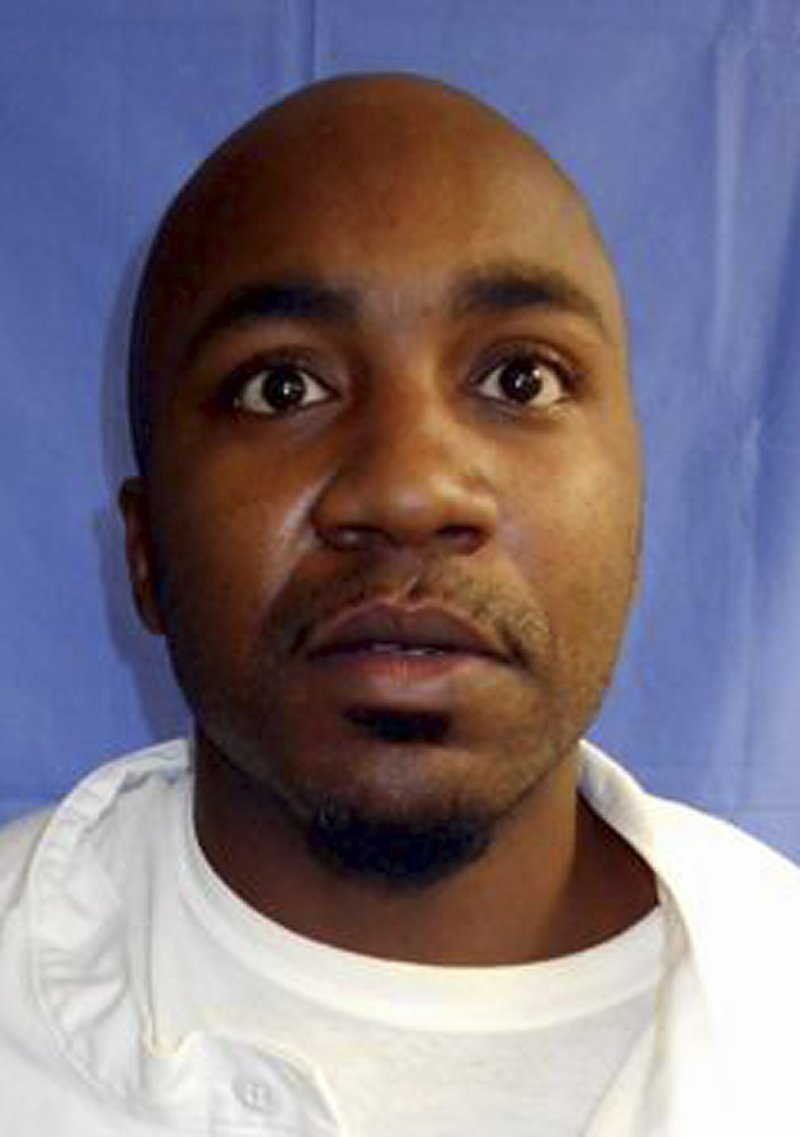LITTLE ROCK, Ark. — The Arkansas Parole Board is halting action under the state's new law that eliminates mandatory life-without-parole sentences for juveniles after a judge ruled it is unconstitutional.
A law took effect in March making juvenile life-without-parole inmates eligible for release after serving 25 years for first-degree murder or 30 years for capital murder. The law affected 36 inmates already given life without parole for offenses committed when they were 17 or younger.
The parole board had been reviewing cases to determine eligibility, said Kelly Knuckles, the executive assistant to the board's chairman, but it has stopped action following the June ruling by Pulaski County Circuit Judge Wendell Griffen.
Griffen said the new fixed terms prevent individualized sentencing, and ordered a sentencing hearing for Brandon Hardman, convicted of capital murder for a shooting committed when he was 16.
"This is a clear violation of the rights guaranteed to Hardan under the Sixth Amendment," Griffen wrote in his ruling. "The (Fair Sentencing for Minors Act) cannot pass constitutional muster as it denies individualized sentencing hearing to Hardman and any other individual in his situation."
State Attorney General Leslie Rutledge is reviewing Griffen's ruling and evaluating how to proceed. Knuckles said: "Absent further ruling on this matter by the courts, the Parole Board will not be moving forward in the implementation of the requirements stemming from Act 539."
The state law was in response to recent U.S. Supreme Court decisions banning mandatory life-without-parole sentences for juvenile offenders. To punish teens with the same severity as adults — especially when those sentences provide no discretion for individual consideration — fails to account for the differences of youth or the potential for rehabilitation, the court said in finding that no-parole life terms should be reserved for only the rare juvenile offender who may be "permanently incorrigible."
